Intel Corporation (NASDAQ: INTC) recently announced the appointment of Lip-Bu Tan as its new CEO, sending the stock price soaring by 15% to $24 per share. Investors are eager to see how his leadership will impact the struggling semiconductor giant.
Who Is Lip-Bu Tan?
Lip-Bu Tan, the former CEO of Cadence Design Systems and a prior Intel board member, officially assumes his new role on March 18. His extensive background in chip design and enterprise strategy could play a crucial role in shaping Intel's future. The company has faced fierce competition in the semiconductor space and declining PC market share, making Tan’s appointment particularly significant.
However, one of his biggest challenges will be Intel’s semiconductor foundry business, which has been accumulating massive losses despite its long-term industry potential.
Intel’s Stock Performance & Valuation
Intel’s stock has seen dramatic shifts over the last five years:
- 2021 High: $68 per share
- 2023 Low: $18 per share
- Current Price: $24 per share
Using various valuation models, we analyzed whether Intel is a buy or sell under its current financial condition.
Discounted Free Cash Flow (DCF) Model
With negative free cash flow, Intel’s intrinsic value falls to $3 per share, signaling severe undervaluation under this approach.
Comparable Company Analysis
Compared to competitors such as NVIDIA (NVDA), Qualcomm (QCOM), and Texas Instruments (TXN), Intel appears undervalued based on revenue multiples, price-to-sales ratio, and enterprise value metrics. However, it lacks profitability, making valuation difficult.
Dividend Discount & Intrinsic Value Models
Intel previously paid a dividend but paused payments due to financial struggles. The Ben Graham formula, which considers earnings-based valuations, also does not favor Intel due to negative earnings per share.
Is Intel a Buy?
Intel remains undervalued when compared to peers, but negative cash flow and profitability concerns make it a risky investment. The recent market optimism surrounding Tan’s appointment signals confidence, but investors should monitor the company’s revenue recovery and foundry strategy before making a decision.
Conclusion
With Intel at a crossroads, Lip-Bu Tan’s leadership could revitalize the company’s competitive edge. If Intel can restore profitability and increase margins, its stock may present a solid long-term opportunity.
https://youtu.be/FqYWkUZQjjg?si=HMgqy2SrfejfvMpX



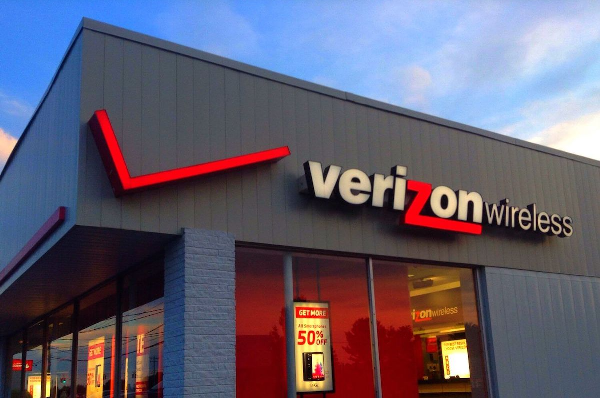

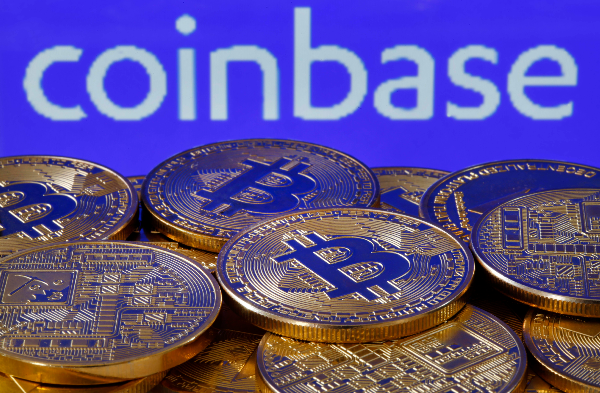
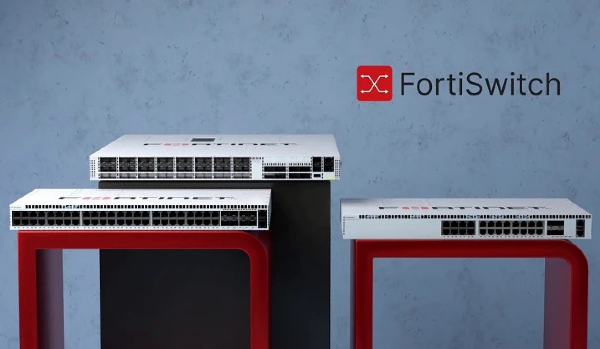
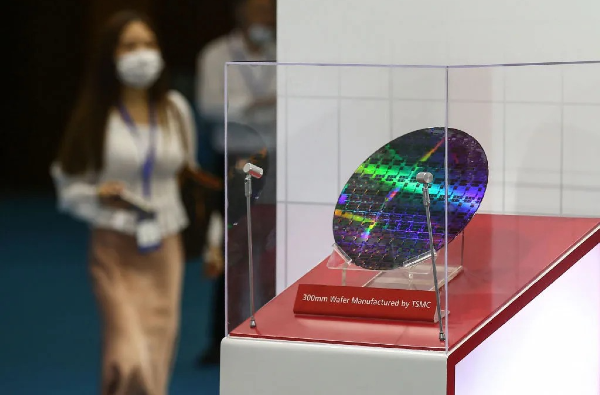











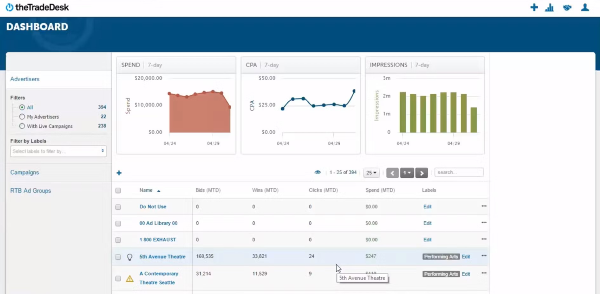
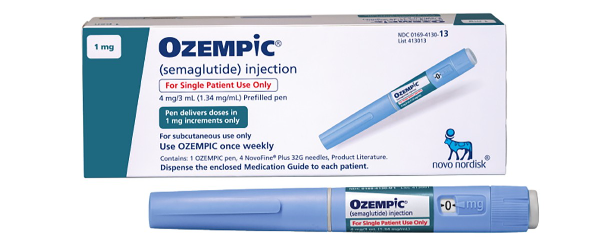
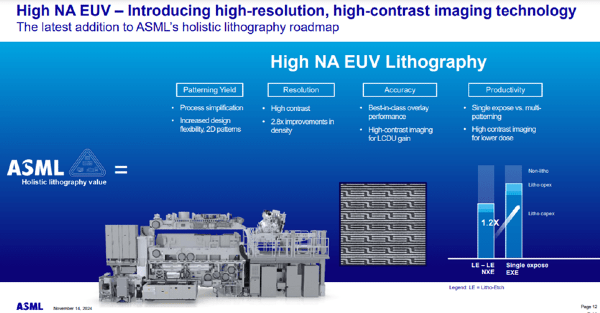
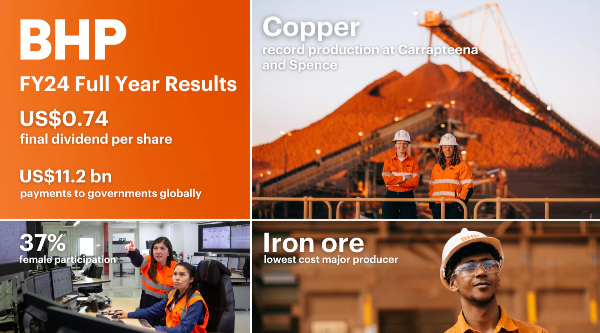
Intel Corporation (NASDAQ: INTC) recently announced the appointment of Lip-Bu Tan as its new CEO, sending the stock price soaring by 15% to $24 per share. Investors are eager to see how his leadership will impact the struggling semiconductor giant.
Who Is Lip-Bu Tan?
Lip-Bu Tan, the former CEO of Cadence Design Systems and a prior Intel board member, officially assumes his new role on March 18. His extensive background in chip design and enterprise strategy could play a crucial role in shaping Intel's future. The company has faced fierce competition in the semiconductor space and declining PC market share, making Tan’s appointment particularly significant.
However, one of his biggest challenges will be Intel’s semiconductor foundry business, which has been accumulating massive losses despite its long-term industry potential.
Intel’s Stock Performance & Valuation
Intel’s stock has seen dramatic shifts over the last five years:
Using various valuation models, we analyzed whether Intel is a buy or sell under its current financial condition.
Discounted Free Cash Flow (DCF) Model
With negative free cash flow, Intel’s intrinsic value falls to $3 per share, signaling severe undervaluation under this approach.
Comparable Company Analysis
Compared to competitors such as NVIDIA (NVDA), Qualcomm (QCOM), and Texas Instruments (TXN), Intel appears undervalued based on revenue multiples, price-to-sales ratio, and enterprise value metrics. However, it lacks profitability, making valuation difficult.
Dividend Discount & Intrinsic Value Models
Intel previously paid a dividend but paused payments due to financial struggles. The Ben Graham formula, which considers earnings-based valuations, also does not favor Intel due to negative earnings per share.
Is Intel a Buy?
Intel remains undervalued when compared to peers, but negative cash flow and profitability concerns make it a risky investment. The recent market optimism surrounding Tan’s appointment signals confidence, but investors should monitor the company’s revenue recovery and foundry strategy before making a decision.
Conclusion
With Intel at a crossroads, Lip-Bu Tan’s leadership could revitalize the company’s competitive edge. If Intel can restore profitability and increase margins, its stock may present a solid long-term opportunity.
https://youtu.be/FqYWkUZQjjg?si=HMgqy2SrfejfvMpX